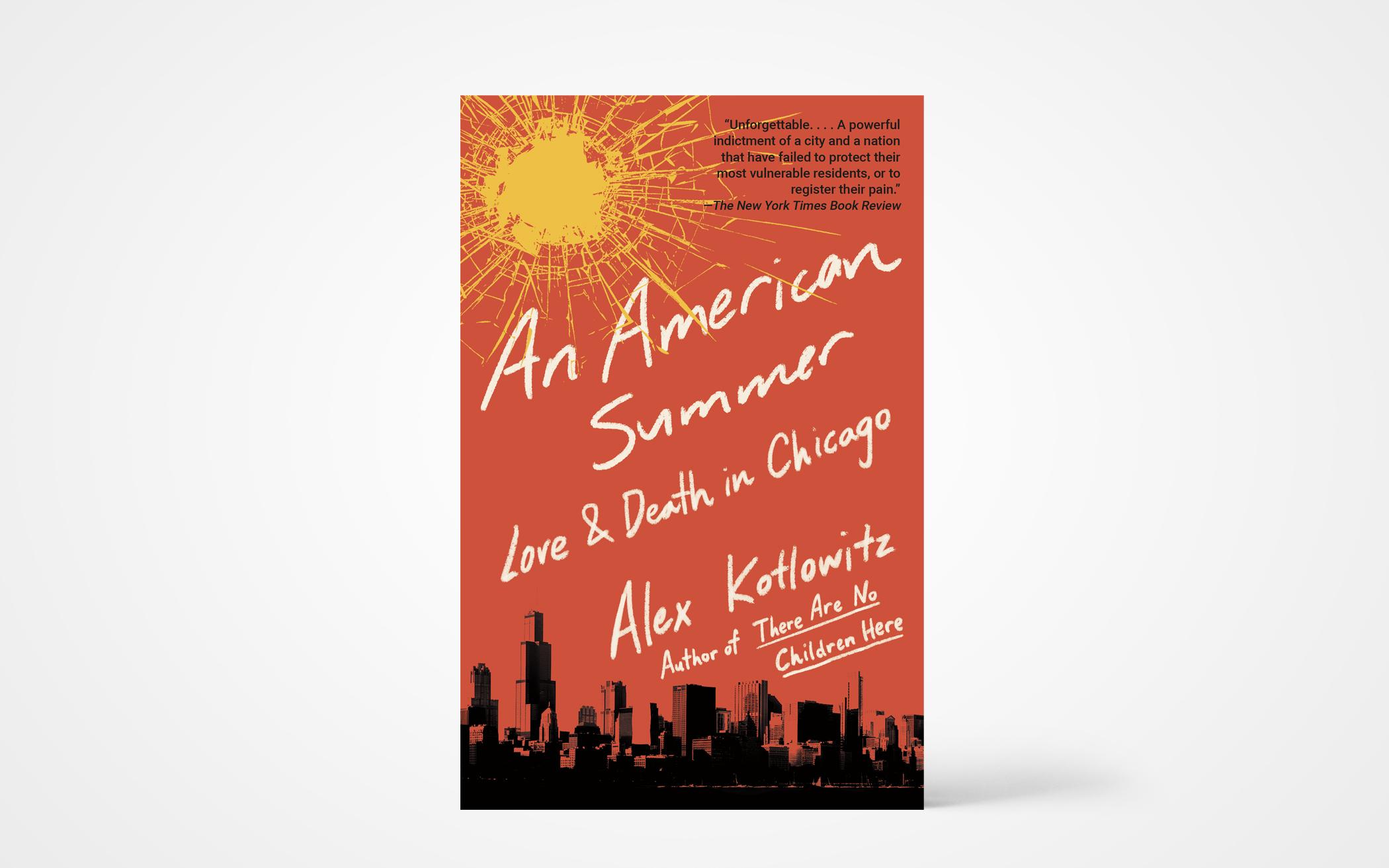Journalist Alex Kotlowitz knows something about human beings and violence. In 1992, he made two Chicago brothers famous in his award-winning There Are No Children Here—a coming-of-age story set in a housing project—or what Kotlowitz calls “the Other America.”
Kotlowitz’s new book, An American Summer, tightens its focus to Chicago’s summer of 2013, to show what happens to the human spirit in an American city where, on average, three violent crimes occur daily.
The chapters mark particular days, starting with May 4, and running through Sept. 19. He walks readers through a summer of murders.
Stories of people trying to live fill the pages. Take grieving mother Lisa Daniels, an administrative assistant to a Museum of Science and Industry vice president, whose first son went to the University of Chicago for engineering and her second didn’t graduate from high school. Darren had begun to commit low-level offenses. Then on June 22, 2012, he stopped answering his phone. He had died on someone’s curb, shot.
Daniels forgave the killer. She would do everything she could to make sure that the young murderer would not remain on a losing trajectory.
Or take night crime journalist Pete Nickeas, who tweets details on hot spots, gang activity, and murders. This Chicago Tribune reporter works within earshot of three police scanners. He’s two years into the job and fights post-traumatic stress. He drinks a lot once he knocks off work. And he has started to hear the scanner even when one isn’t near.
Why is Nickeas willing to pay the cost? To bear witness. That’s his job. After the July 4 weekend, he tweets: “67 people shot.”
Kotlowitz lets humanity in. He contrasts headlines like “Man Shot to Death in Park Forest Had Drug, Weapons Convictions,” referring to Darren who loved his mom’s peach cobbler, with the headline, “Murder at a Good Address.” This latter one underscores troubling bias that shrinks the life of the one murdered.
Caution: His words do reflect realistic life in violent areas. Sometimes the person he quotes uses R-rated language.
Now a professor at the Northwestern Medill School of Journalism, Kotlowitz has a list of awards like The New York Times Notable Books and film awards for The Interrupters. Kotlowitz’s writing is alive with the level of specificity that famed editor Sol Stein would commend. I use his writing to teach writing.
Most importantly, Kotlowitz invigorates the sociological imagination. You meet the victim, perhaps the cop who found them, perhaps a parent. You meet the context, the wider definition of this person, an image-bearer of God, who was and is no more. And in the end, you become sure about, thanks to the fine craftsmanship of Alex Kotlowitz, their humanity. (Nan A. Talese/Doubleday).
About the Author
Cynthia Beach authored the 2024 novel, The Surface of Water, and the writing book, Creative Juices for Writers. She co-directs Scriptoria Workshop with Newbery-winner Gary Schmidt. In 2025-6, she will serve as Artist in Residence in Dundee, Scotland.

